
NBAA Member The Kroger Company says its constant pursuit of best practices is just one example of its commitment to safety.
April 1, 2014
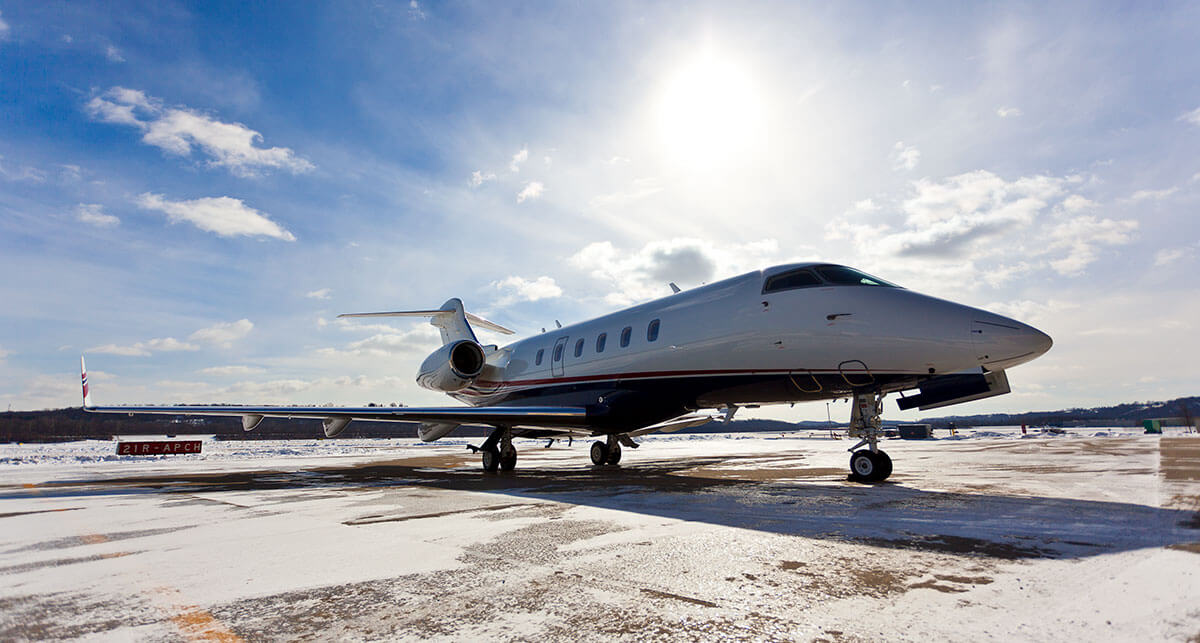
In 1883, Barney Kroger invested his life savings to establish a grocery store in downtown Cincinnati. Today, The Kroger Co. has more than 2,400 stores that operate across the country under two dozen banners, including Kroger, City Market, Dillons, Jay C, Food 4 Less, Fred Meyer, Fry’s, King Soopers, QFC, Ralphs and Smith’s. The company also has 786 convenience stores, 327 jewelry stores, 1,218 supermarket fuel centers and 37 food processing plants.
“We’ve grown from a single store to almost a $100 billion company,” noted Bob Smyth, Kroger’s director of aviation. “I would like to think that some of that growth was facilitated by having a flight department that can take people to places that are not easily served by commercial aviation, or that can go to multiple places in a single day.”
Kroger’s chairman, Dave Dillon, agrees: “I am very aware of how difficult it is to have a flight team as good as ours. They have definitely contributed to our success… Without business aviation, the wear and tear on our executives would reduce our capability.”
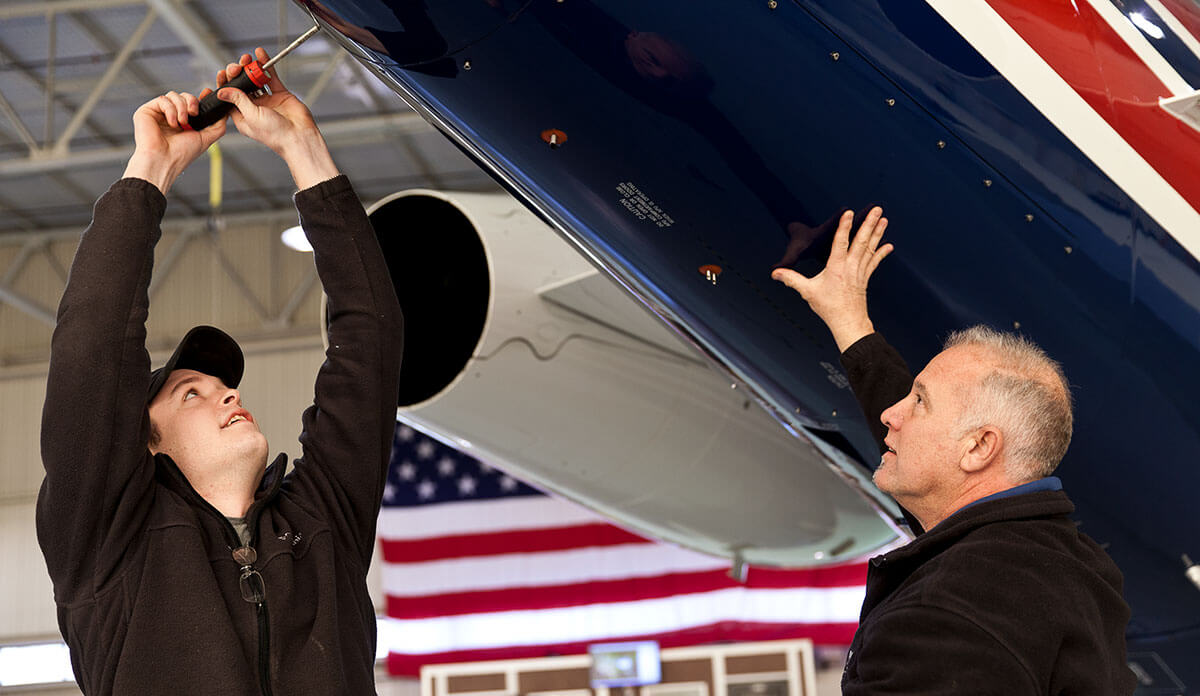
Standardized Ops Help Manage Diversity
Established in 1952, Kroger’s aviation department flies to destinations that are as numerous as its store locations. But other than an occasional trip to Canada or Mexico, Kroger flies all its missions within the U.S.
The company has three Challenger 300s based in Cincinnati. A Learjet 35 in Hutchinson, KS, supports Dillons stores. An Astra SP in Portland, OR, serves the Fred Meyer and Smith’s stores. The Cincinnati-based airplanes each fly nearly 500 hours annually, while the other two aircraft fly approximately 450 hours per year.
Kroger’s two satellite aircraft bases are led by a chief pilot, with two line pilots in Kansas and three in Oregon, along with a maintenance technician at each site. All these people report to Smyth in Cincinnati, which is home to nine pilots (two with management responsibilities), five maintenance technicians (one of them the chief of maintenance), a line-service technician, maintenance intern and a scheduler.
Despite the different bases and equipment, all operate in accordance with a standardized flight operations manual. Managing multiple bases “has its challenges,” said Smyth, “but fortunately, I have really good people in the out bases who are qualified and have demonstrated over many years that I can trust them to do a good job and represent the company and the flight department in the way I expect.”
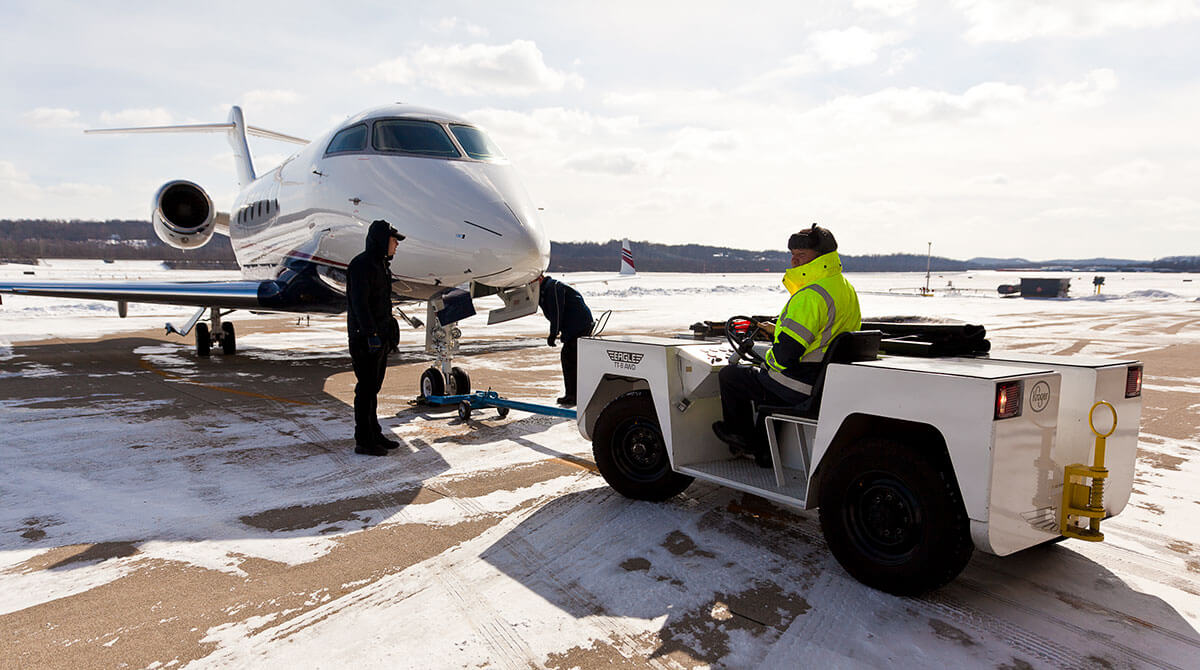
Recurrent Training to Maintain Safety Standards
Kroger has operated its aircraft safely for more than 60 years “by never compromising on safety and maintaining the highest standards in maintenance and training,” declared Smyth. “We supplement annual recurrent training with additional training in cabin safety and upset recovery.
We have a robust SMS (safety management system) that works well, and each of our three operating bases has a representative in the safety program. We ascribe to a very conservative best-practices approach in everything we do.” Kroger’s flight department has achieved International Standard for Business Aircraft Operations (IS-BAO) Stage I certification and expects to earn its Stage 2 rating this spring.
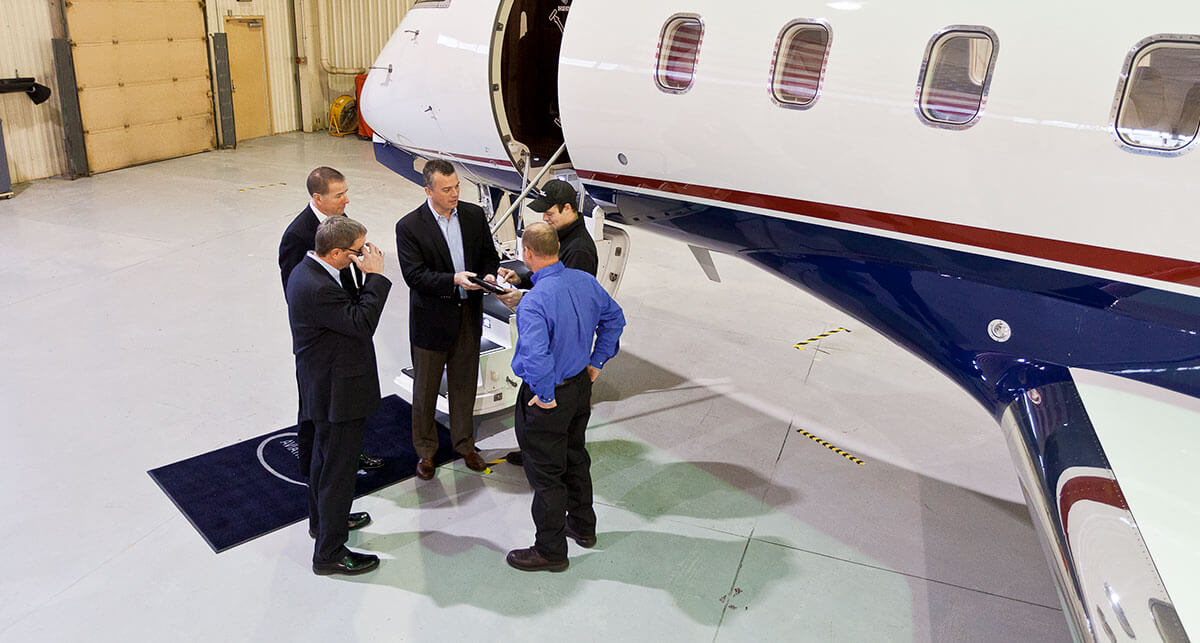
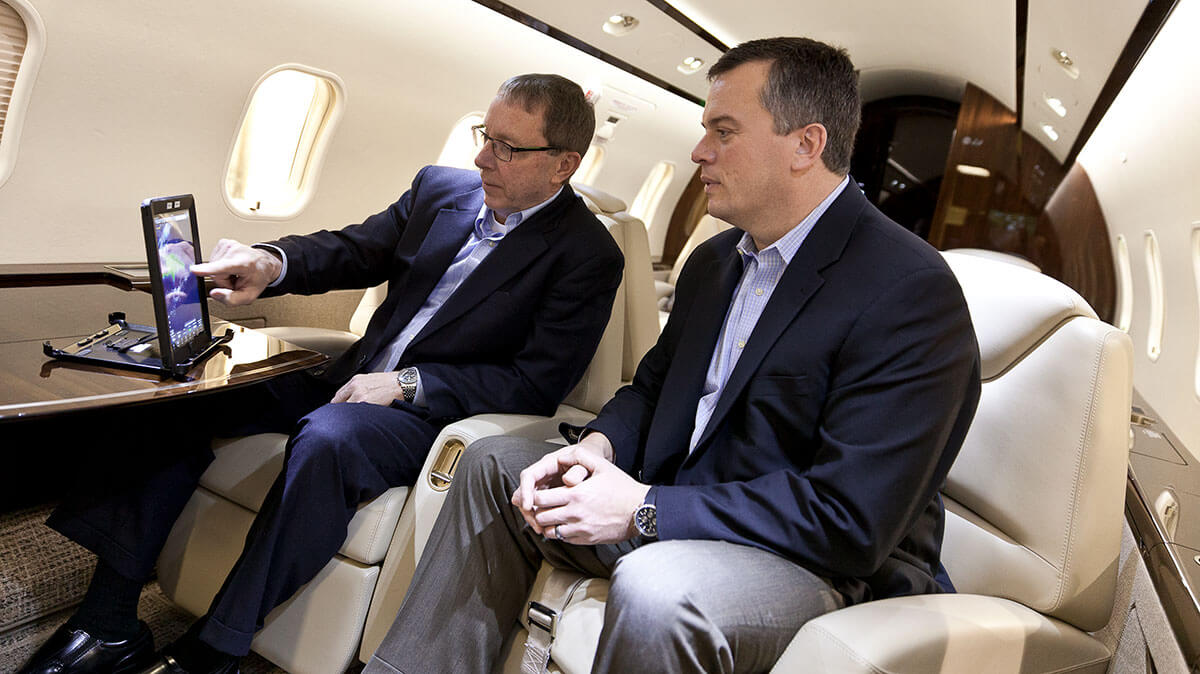
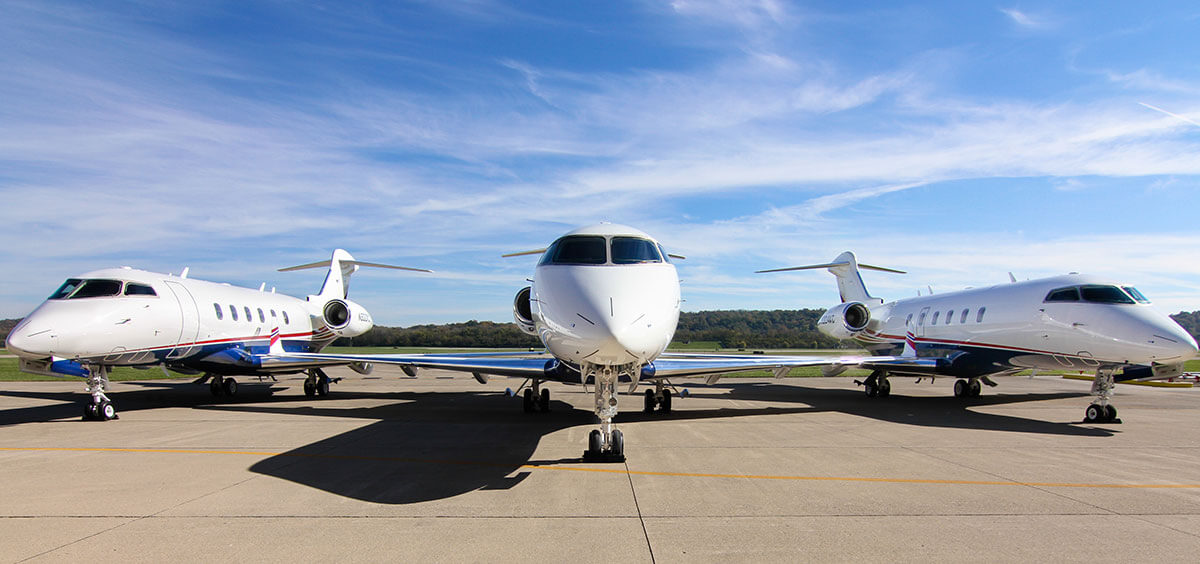


 International Business Aviation Council Ltd.
International Business Aviation Council Ltd.